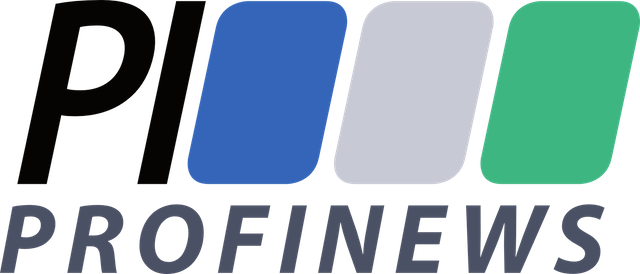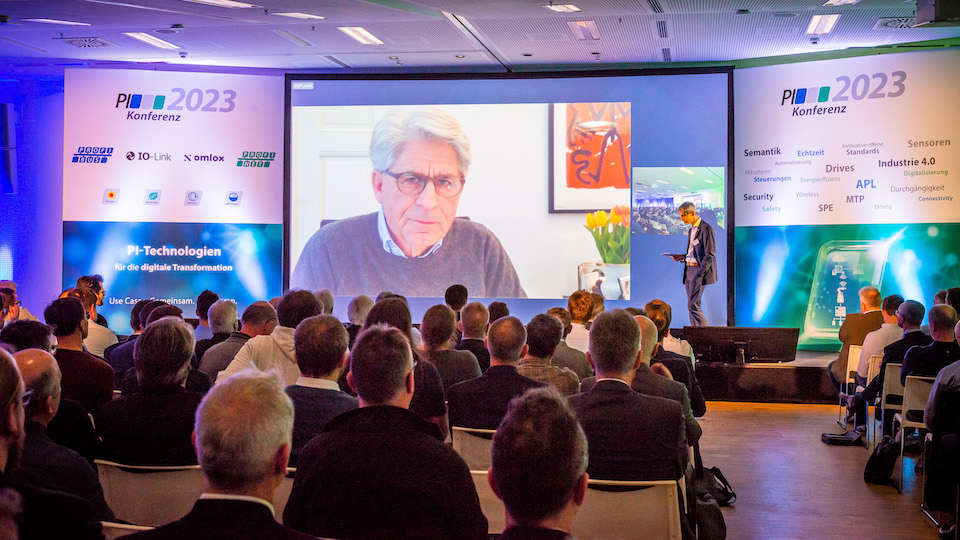The PI conference, which was held at the House of Logistics and Mobility (HOLM) on March 22 and 23, has been a complete success. “We are professionals for networks in the world of automation and therefore also professionals for personal networks,” said Karsten Schneider, Chairman PI (PROFIBUS & PROFINET International), who is convinced that face-to-face communication is the basis for driving new technologies forward.
And there were plenty of face-to-face contacts: More than 350 participants discussed trends and challenges in communications technology in Frankfurt. Over the past two years, for example, it has become increasingly evident that the digital transformation in industrial environments simply won’t work without PI technologies. The pandemic, the Ukraine war, climate change, energy shortages or the shortage of skilled workers continue to have an impact. “As stakeholders in the field of automation, we have to ask ourselves how we deal with these challenges and what solutions we can offer,” says Schneider.
The User Comes First
The PI community agreed that the user must always come first. And it is clear what they expect from communication technology: robustness, manageability and availability. “The world doesn’t get easier just because we bring new technologies to the market. If no one uses them, it won’t help,” Schneider affirmed. The PI community puts this claim into practice every year. Much of what was discussed and initiated at past PI conferences has now found its way into industry and has been implemented in practice. Examples include Ethernet-APL for the process industry, information models and TSN.
It is becoming increasingly evident that a reliable and hands-on implementation of the technologies in cooperation with other organizations is much more target-oriented from the user’s point of view. PI therefore cooperates closely with other organizations such as the OPC Foundation, VDMA, ZVEI, IDTA, ECLASS and NAMUR. This is also important in view of the fact that new ecosystems are emerging in which technologies must interact reliably across organizations.
Other topics in Frankfurt included security measures, the integration of TSN and OPC UA in PROFINET, and news from IO-Link and the process industry. The real-time in-door localization standard omlox and the standard for modular production systems MTP were also addressed.
PI Technologies are Key Technologies
But these technologies are not the end of the road, Schneider noted: “We have to think today about how we want to shape the next 30 years.” Therefore, modern edge gateway architectures and virtual PLCs were on the agenda, in addition to keynotes providing new insights and outlooks. In his keynote, futurologist Prof. Dr. Eckard Minx, impressively described the challenges of an increasingly complex and turbulent world. His conclusion: “We must learn that there are no simple solutions to complex problems. In fact, we must learn to endure the lack of knowledge.”
In addition, Jürgen Tiedje from the European Commission, impressively pointed out the impact of the European “Fit for 55” package of legislative proposals on industry, and Guido Hüttemann, Phoenix Contact, provided an exciting automation-centered perspective in which industry is fully electrified with renewable energy. One thing became evident: PI technologies are not only an enabler for the digitalization of industry, but are also key technologies when it comes to meeting future challenges in an increasingly complex production environment.

